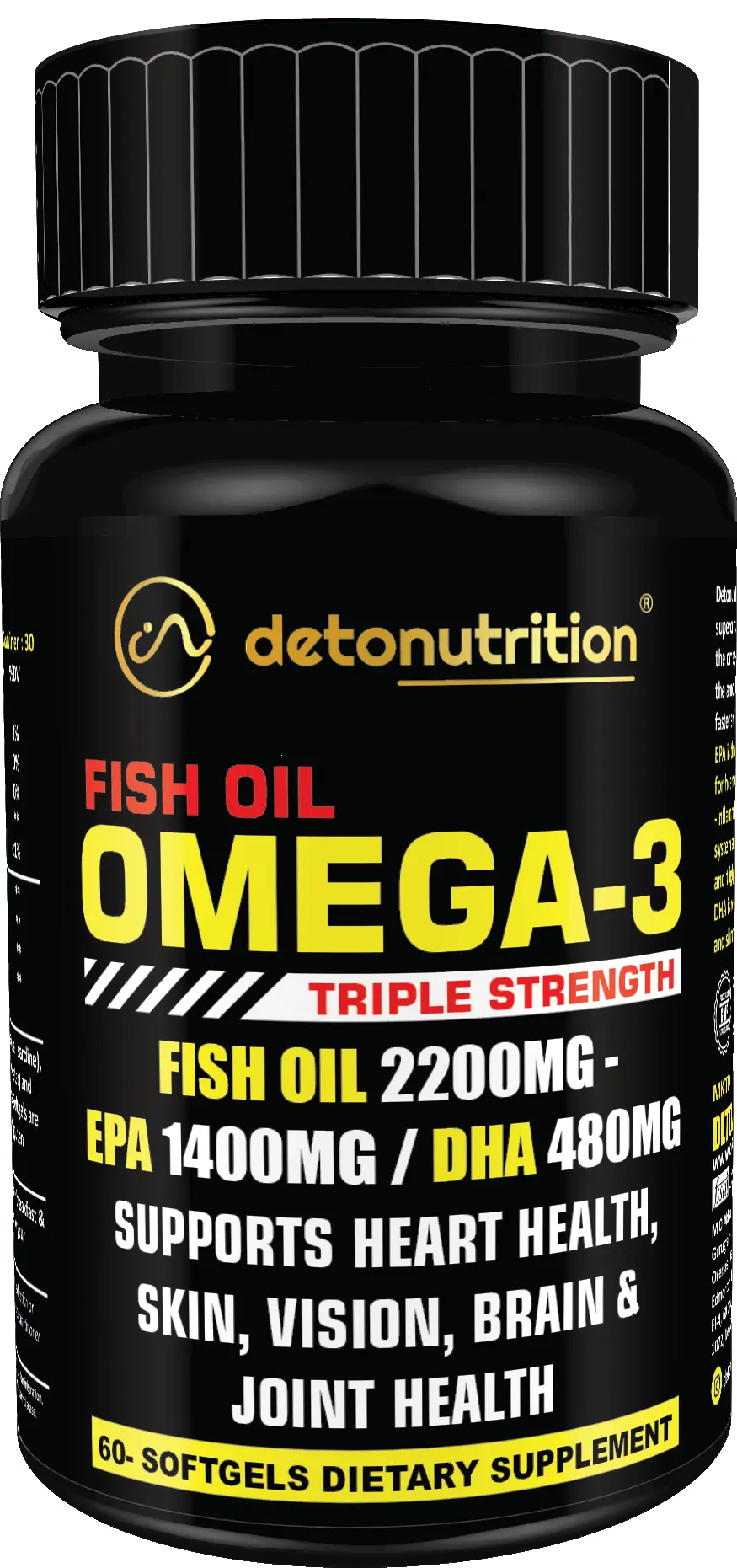How To Gain Weight And Muscles With A Vegetarian Diet
Building a strong body is what everyone dreams about. But for many vegetarian Indians, the desire to grow a muscular physique can be accompanied by the misconception that a vegetarian diet hinders progress. But fear not! With a well-planned strategy, you can achieve impressive muscle gain while staying true to your vegetarian principles. This guide dives deep into the essentials of weight and muscle gain on an Indian vegetarian diet, from dietary tweaks to workout tips.
While a well-balanced vegetarian diet can provide all the protein an athlete needs, there are further branches of a vegetarian diet:
Read This Article - The Ultimate Guide To Increase Muscle Mass While Staying Lean
Types of Vegetarian Diets and Protein
1. Vegan
This removes all animal products, including dairy and eggs. Vegans need to be extra mindful of combining plant-based protein sources throughout the day to ensure they consume all essential amino acids. Soy products and quinoa are complete proteins, meaning they contain all nine essential amino acids. Combining other plant-based proteins, like beans and rice, can also create complete protein combinations.
2. Lacto-vegetarian
This includes dairy products like milk, yogurt, and cheese, which are good sources of protein. This makes meeting protein needs slightly easier as dairy provides complete protein.
3. Lacto-ovo vegetarian
This includes eggs alongside dairy, offering a wider range of complete protein sources and making protein intake even more straightforward.
Maximize Your Protein Intake
Regardless of the vegetarian approach, people who workout to gain weight and muscles, need to consume an appropriate amount of calories and spread protein intake throughout the day. Here are some tips:
1. Track your intake
Use a calorie-tracking app to understand your baseline protein intake and adjust accordingly.
2. Variety is key
Include a wide range of plant-based protein sources like lentils, beans, tofu, tempeh, nuts, and seeds.
3. Consider protein combining
Combine incomplete plant-based proteins (e.g., rice and beans) to create a complete protein.
4. Soy and quinoa
These are complete protein sources for vegans, making them valuable additions to the diet.
Remember: While meat, eggs, and dairy offer readily available complete protein, a well-planned vegetarian diet with diverse protein sources can provide all the building blocks needed for muscle growth.
Read This Article - Top 11 Lean Muscle Building Foods For Hard Gainers
Protein Power in Vegetarian Diets
The cornerstone of muscle building and the best mass gainer is protein. It's the fuel for muscle repair and growth. While some might think vegetarians lack sufficient protein options, India boasts a treasure trove of plant-based protein powerhouses:
1. Dal (Lentils):
A staple in Indian cuisine, dals like moong dal, masoor dal, and chana dal are packed with protein and fibre.
2. Paneer
This fresh cheese is a versatile protein source, perfect for curries, stir-fries, or even grilled.
3. Soy Products
Tofu, tempeh, and textured vegetable protein (TVP) are excellent protein alternatives with a neutral taste that adapts to various dishes.
4. Sprouts
Packed with protein, vitamins, and minerals, sprouted legumes and pulses are a healthy and affordable snack option.
5. Nuts and Seeds
Almonds, walnuts, pistachios, and pumpkin seeds are powerhouses of protein, healthy fats, and essential micronutrients.
Pro Tip
Combine protein sources throughout the day to create complete proteins with all essential amino acids to gain weight and muscles. For example, pair rice and dal, or multigrain roti and sabzi with paneer.
Fueling Your Gains: A Calorie Surplus is Key
Building muscle requires a calorie surplus. This means consuming more calories than your body burns each day that will act as muscle gainer. Here's how to achieve a calorie surplus:
1. Track your Calories
Use a calorie-tracking app to understand your baseline calorie intake.
2. Increase Gradually
Aim for a surplus of 300-500 calories per day. This helps with muscle gain without excessive weight gain.
3. Focus on High-Quality Calories
Prioritize whole grains, complex carbohydrates, healthy fats, and protein sources over processed foods and sugary drinks.
Remember
Don't confuse "bulking" with unhealthy eating. Choose nutritious, calorie-dense foods to fuel your body optimally for gaining muscle.
Your Vegetarian Muscle-Gainer Meal Plan
1. Breakfast Options (High Protein, Complex Carbs)
- Oats with milk, nuts, and berries
- Scrambled eggs with whole-wheat toast and avocado
- Sprouts with paneer bhurji and roti
2. Lunch Options (Balanced Protein, Carbs, and Fats)
- Rajma Chawal (kidney beans with rice)
- Chickpea curry with brown rice and roasted vegetables
- Dal Makhani with roti and a side salad
3. Dinner Options (Protein Focus with Carbs)
- Scrambled Tofu paired with sautéed vegetables and brown rice
- Lentil soup with whole-wheat bread
- Paneer stir-fry with noodles
4. Snacks Options (Protein and Healthy Fats)
- Greek yogurt with fruits and nuts
- Roasted chickpeas or makhane (fox nuts)
- Smoothie with protein powder, fruits, and spinach
Indian Superfoods for Muscle Gain
1. Sattu
A protein-rich flour made from roasted gram, perfect for post-workout recovery drinks.
2. Ghee
Clarified butter provides healthy fats and essential nutrients.
3. Ashwagandha
This adaptogenic herb promotes muscle growth and reduces fatigue.
Pro Tip
Don't forget to stay hydrated! Ensure a plentiful intake of of water throughout the day which will help and support muscle function and recovery.
Mass Gainer: The Workout Plan
It is important to have a well-structured workout plan for muscle growth. Here's a basic outline you can adapt:
1. Focus on Compound Exercises
Squats, lunges, push-ups, rows, pull-ups, and overhead presses work multiple muscle groups simultaneously, maximizing muscle-building potential.
2. Overload
Gradually increase the weight, sets, or reps you perform over time to challenge your muscles and stimulate growth.
3. Train All Major Muscle Groups
Aim for 2-3 weight training sessions per week, targeting different muscle groups each session.
4. Don't Neglect Rest and Recovery
Schedule rest days to allow your muscles to repair and rebuild.
5. Incorporating Yoga and Bodyweight Exercises
Yoga improves flexibility, posture, and core strength, beneficial for muscle building. Additionally, bodyweight exercises like planks, dips, and burpees offer great home workout options.
Maximizing Gains
1. Sleep Well
A good quality sleep is essential. You can achieve that by aiming for 7-8 hours of quality sleep each night. It is important because your body repairs and builds muscle tissue while you sleep. You can also use sleep inducer supplement for better sleep.
2. Manage Stress
Chronic stress can hinder muscle growth as it can negatively impact your overall health. Practice yoga, meditation, or deep breathing exercises to manage stress and promote recovery.
3. Consider Supplements
Vegetarian protein powders can be a convenient way to boost your daily protein intake. However, prioritize whole food sources first. Consult a doctor before starting any supplements. Choose supplements that are branded and safe to consume, just like the ones from Detonutrition. Deto Intense Pump is the best way to boost your performance that fuels intense muscle pumps, hence acting as a great muscle gainer.
Consistency is Key
Building muscle takes time and dedication. Don't get discouraged by slow progress. Stick to your diet and workout plan and celebrate small victories along the way in your journey to gain weight and muscles. Track your progress by taking measurements and progress photos to stay motivated.
Finding Support
1. Consult a Registered Dietitian
A dietitian can help create a personalized vegetarian meal plan that meets your specific needs and calorie goals.
2. Join a Gym or Online Community
Surround yourself with people who share your fitness goals such as muscle gainer. A gym can provide guidance and equipment, while online communities offer support and motivation.
Embrace the Journey
Gaining weight and muscles on a vegetarian diet is an achievable goal. By incorporating the strategies outlined in this guide, you can unlock your full potential and achieve the physique you desire. Remember, the journey of muscle gainer itself is a valuable experience that teaches discipline, dedication, and self-belief. So, take charge, fuel your body wisely, and get ready to build the best version of yourself!
Read This Article - Top Tips To Bulk Up On A Budget: A Detailed Guide To Gaining Muscle At A Low Cost





